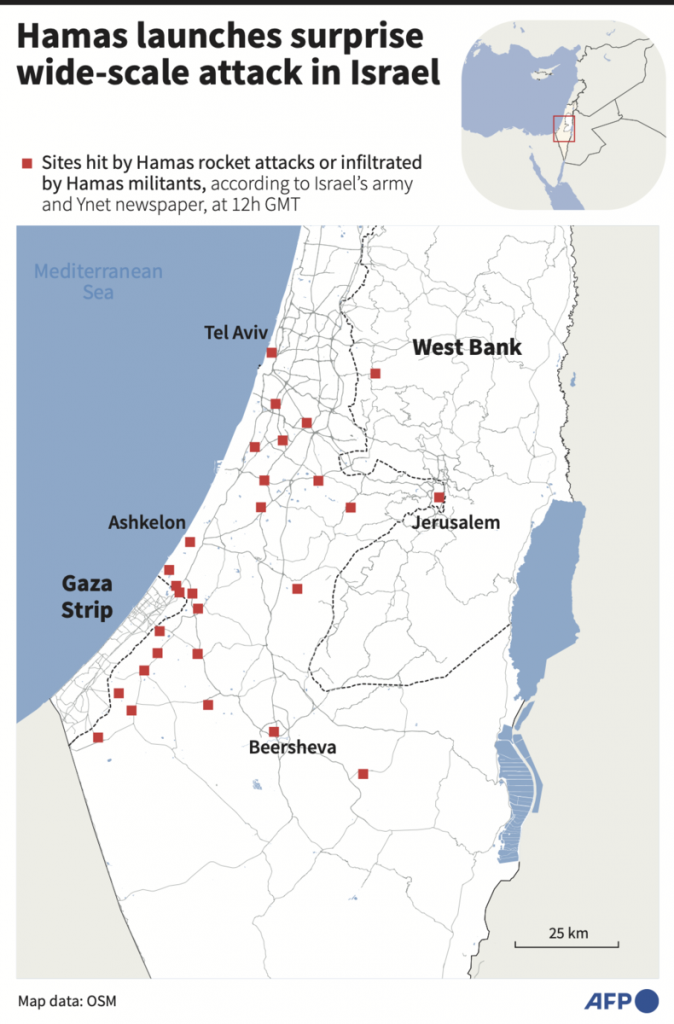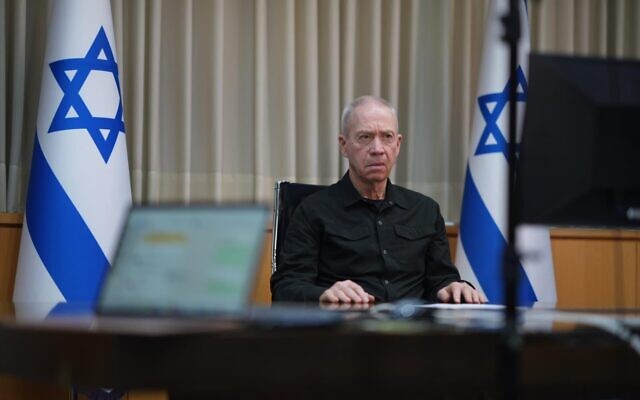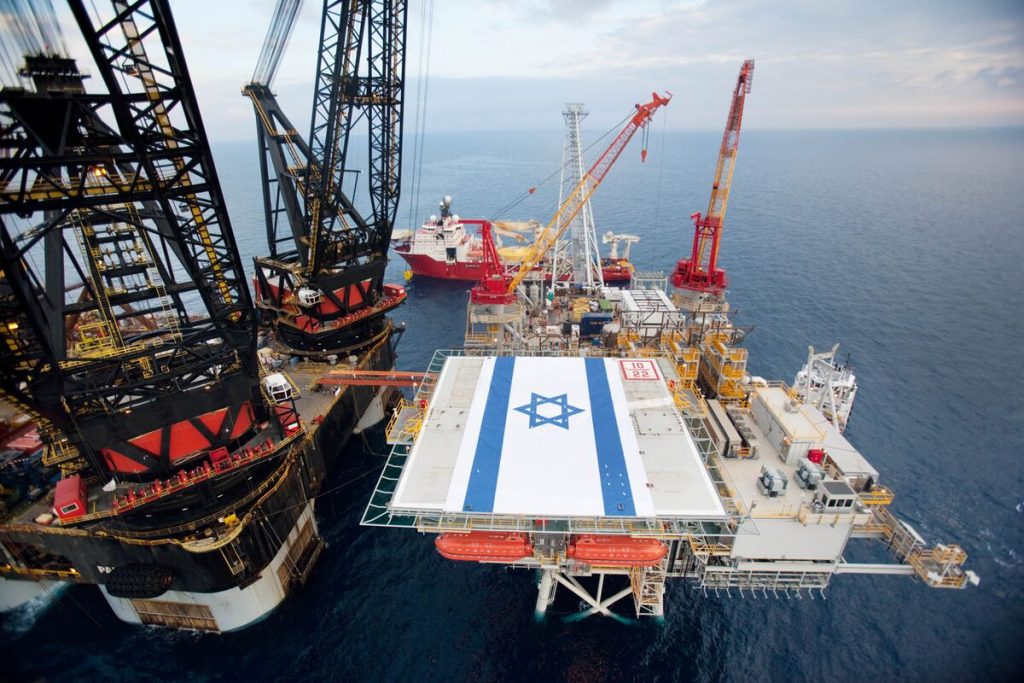by Haydar Oruç
Since 2007, the Izz ad-Din al-Qassam Brigades, the military wing of HAMAS, which has been in control of Gaza since 2007, inflicted a major defeat on Israel with a surprise attack called the Aqsa Flood, which was launched in the early morning hours of October 7.
The Aqsa Flood, which was described as similar to the 1973 Yom Kippur War in terms of the timing of the attack and the methods used, was interpreted as Israel’s 9/11. At the end of the day, the situation was more severe than Israel’s last defeat in the conflict with Hezbollah in 2006.
It is possible to say that Israel’s 75-year occupation policies have not been enough to eliminate the resistance power of the Palestinians in general and HAMAS in particular; on the contrary, it is possible to say that the oppression and intimidation have led to further consolidation of Palestinian resistance and increased anger against Israel.
In trying to explain what the repercussions of the Aqsa Flood attack were in Israel, the first thing to say is that the Israeli security myth has been severely damaged and the Israeli security architecture has been partially paralyzed. Likewise, from the first hours of the attack until almost the end of the second day, Israeli intelligence and security forces did not even realize what exactly they had been exposed to.
The deterrence and the perception of invulnerability in the eyes of its enemies, which the Israeli intelligence and military had gained through years of operations, were shattered with this attack. The intelligence agencies (Mossad, Shin Bet or Aman), which until yesterday were able to carry out spot operations inside Iran, to find and execute HAMAS commanders or Iranian targets in different parts of the world, failed to notice and, most importantly, failed to prevent the preparation of an attack right under their noses.
Therefore, it can be said that the Aqsa Flood attack damaged Israeli intelligence the most. It has lost its claim to be an all-knowing, all-hearing, and all-seeing intelligence organization and suffered a great loss of prestige.

The second loser was the Israeli army (IDF). Even though Israeli army units were deployed along the Gaza border and had all kinds of technological monitoring and tracking capabilities, they were caught unprepared for the attack that took place on the morning of October 7 and were caught by surprise. In addition to the heavy casualties, their “strong army” image was shattered and they lost their deterrence as they failed to protect civilian settlements in the areas they were responsible for and failed to respond quickly.

Another loser has undoubtedly been the Israeli government. The most important interlocutor of the failure within the government is undoubtedly Prime Minister Netanyahu. Netanyahu accused the security bureaucracy of preparing a coup d’état against him due to the corruption cases against him and the protests against judicial reform, which caused great tension between politics and the security bureaucracy. The government’s role in the failure of the security institutions becomes clearer when we add the recent reluctance of reservists to serve in the army when they are called back to duty to avoid taking orders from Netanyahu’s far-right backed government, and the resignation of some of their commanders due to their discontent with the government’s practices.

Although the army commanders appealed to Defense Minister Gallant, himself a former soldier, claiming that the ongoing protests threatened national security and weakened the country, their demands were ignored by Netanyahu and the insistence on judicial reform led to the destruction of the last bridges between the government and the army. Since this distrust between the institutions could not have been reflected in the soldiers in the field, it can be argued that the most important perpetrators of the resulting weakness are Netanyahu and his far-right partners such as Ben Gvir and Smotrich, who have negatively affected the morale and motivation of the soldiers.
Perhaps the most striking among the casualties was the Minister of Defense, Gallant, who made statements that will haunt Israel in international courts in the future. Gallant stated that he abolished the rules of international law, which the army must abide by even in a state of war, and ordered the army to attack Gaza without any restrictive rules of engagement. Gallant ordered the cutting off of food as well as electricity and water to Gaza, thus ordering a kind of genocide. Gallant’s remarks violate the Geneva Convention and the UN Universal Declaration of Human Rights and constitute a blatant war crime. As such, he will eventually face prosecution by the International Criminal Court.

At the end of the list of losers is the Iron Dome air defense system, partly because it failed to intercept all 5,000 rockets launched on the first day of the attack. Despite its 90% success rate, 10% of the rockets fell on Israeli territory and caused the highest number of casualties ever. On the sixth day of the attack, rocket fire continued, albeit at a reduced rate, with rockets occasionally falling on residential areas, probably due to fatigue in the Iron Dome. This shows that the system is good but not perfect in terms of sustainability.

Although the Aqsa Flood attack has revealed many problems in Israel, it has also led to gains, even if only for a short time. Most importantly, there has been a sense of recovery and unity in society. There has been a marked decrease in government protests and refusal to serve in the army, and even the government’s statements calling on reservists to serve have been met with a significant response, with 300,000 reservists taking up arms in a short period of time.
Another gain was about the US administration’s position towards Israel, which had ignored Israel’s demands for more pressure and even an attack on Iran due to its personal coldness towards Netanyahu, unconditionally stood by and behind Israel with its military, political, and media power after these attacks.
Similarly, the European Union, which had criticized Israel’s occupation policy, made a significant change in its critical stance towards Israel and started to support Israel despite the human rights violations and large civilian casualties in the attacks on Gaza. The European media, which criticized Hamas for civilian casualties since the first day of the attack, blacked out and ignored the civilian casualties and war crimes in Israel’s attacks on Gaza.

In addition to all these, Israel’s disproportionate response to Hamas’s attack, which resulted in a massive massacre of civilians in Gaza even before the ground operation began, has brought normalization and cooperation efforts in the region to a halt. Israel’s unlawful actions have made the normalization process with some Arab countries under the Abraham Accord unsustainable, and have also made the expected signing of a normalization agreement with Saudi Arabia impossible. It is also possible to say that the recently announced India-Middle East and Europe Economic Corridor (IMEC) was scrapped before it was even realized.
The disproportionate use of force against Gaza has greatly disturbed Palestinians in the West Bank and Palestinians who are Israeli citizens, opening the door to new conflicts in these regions as well. On the other hand, Hezbollah, which has a long-standing beef with Israel, started firing rockets at Israel, signaling that the conflict could expand if the Gaza offensive continued. Therefore, Israel’s disproportionate use of force against the Palestinians at a time when it is just beginning to integrate into the region will bring nothing but war, pain, and tears to the Israeli people, not peace.
Another challenge for Israel is the possibility of damage to its natural gas resources in the Eastern Mediterranean in the event of a regional conflict. The offshore platforms established there could become an open target, and if the gas coming from there is cut off, Israel’s industry, which derives 70% of its electricity generation from gas, and naturally its economy would also be negatively affected.

As a result, in the aftermath of the Aqsa Flood, Israel’s security and intelligence agencies and the government have been discredited for their role in the process, paving the way for a process of questioning and possibly reorganizing Israel’s security architecture. On the other hand, the attack, even if only for a short period of time, erased ideological differences in society and the Israeli people came together to respond to the attack against them. There is still a strong public backlash against Netanyahu, and it is possible that the emergency government and the war cabinet will be disbanded after the completion of their mandate and the country will enter an election atmosphere again.
No matter how much criticism Hamas’ Aqsa Flood attack deserves for the civilian casualties it caused, Israel’s retaliatory genocide in its attacks on Gaza with collective punishment without regard for civilian sensitivity is a crime against humanity, and as such, it is a crime that falls within the jurisdiction of the International Criminal Court.
Finally, it should not be forgotten that if peace is not achieved with the Palestinians on the basis of a two-state solution, such conflicts will continue and this will make peace and security in the region impossible.
This article was originally published in Sabah Perspektif on October 14th, 2023 in Turkish.






